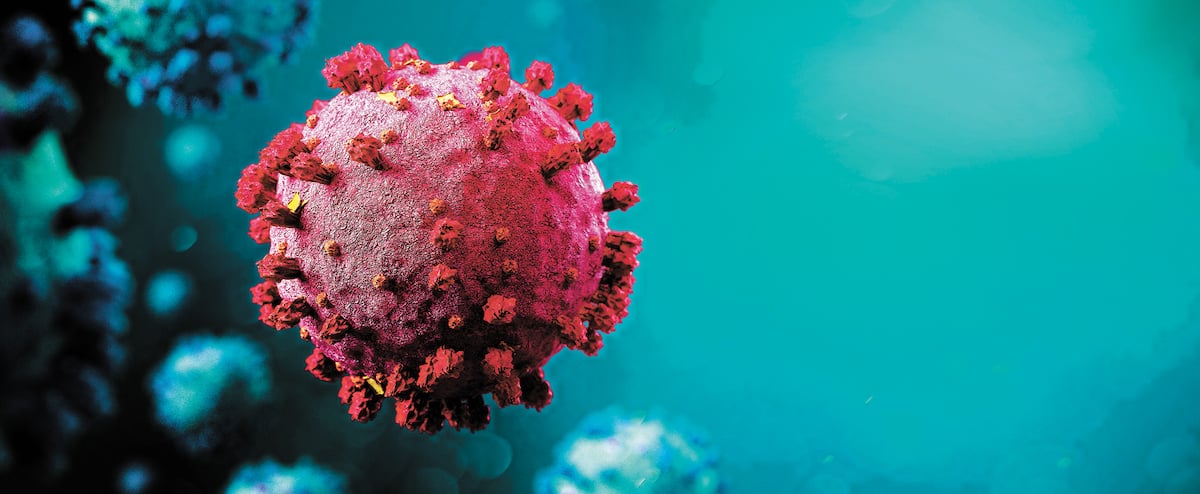The virus that causes COVID-19 can remain contagious on surfaces for 28 days. The virus is described as “extremely robust” in the work of the Australian National Science Agency.
• Read also: All the developments of the pandemic
In this study, scientists found that the SARS-Cov-2 virus could remain dangerous for nearly a month on banknotes, phone screens and stainless steel, reports the BBC.
The virus stays longer on smooth surfaces than on porous surfaces. It can stay on a tissue for about 14 days.
It should be noted that the experts made their experiments in the dark and maintaining a temperature of 20 degrees Celsius. UV rays have the ability to kill the virus.
Under similar circumstances, the influenza virus can survive for 17 days.
In the same study, it was confirmed that the virus survived half as long in higher temperatures. In particular, it ceases to be infectious after 24 hours on surfaces maintained at 40 degrees.
Previous studies had shown that the virus could survive two or three days on silver and glass and up to six days on plastic or steel.
 Canada Live NEWS – 24/7 Breaking Headlines & Updates Canada Live News is one of the largest news curating sites across Canada which is made exclusively for Canadian people.
Canada Live NEWS – 24/7 Breaking Headlines & Updates Canada Live News is one of the largest news curating sites across Canada which is made exclusively for Canadian people.
